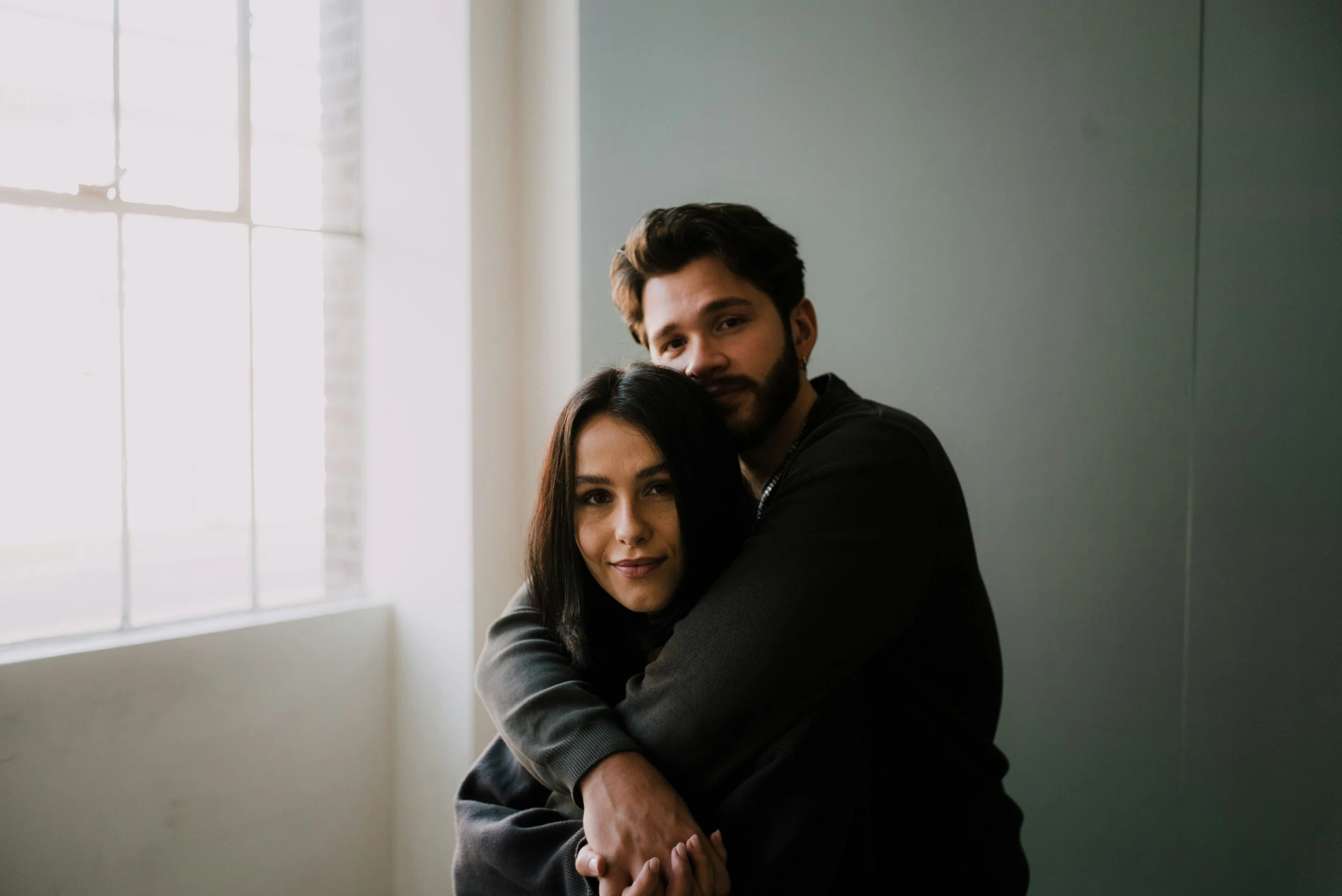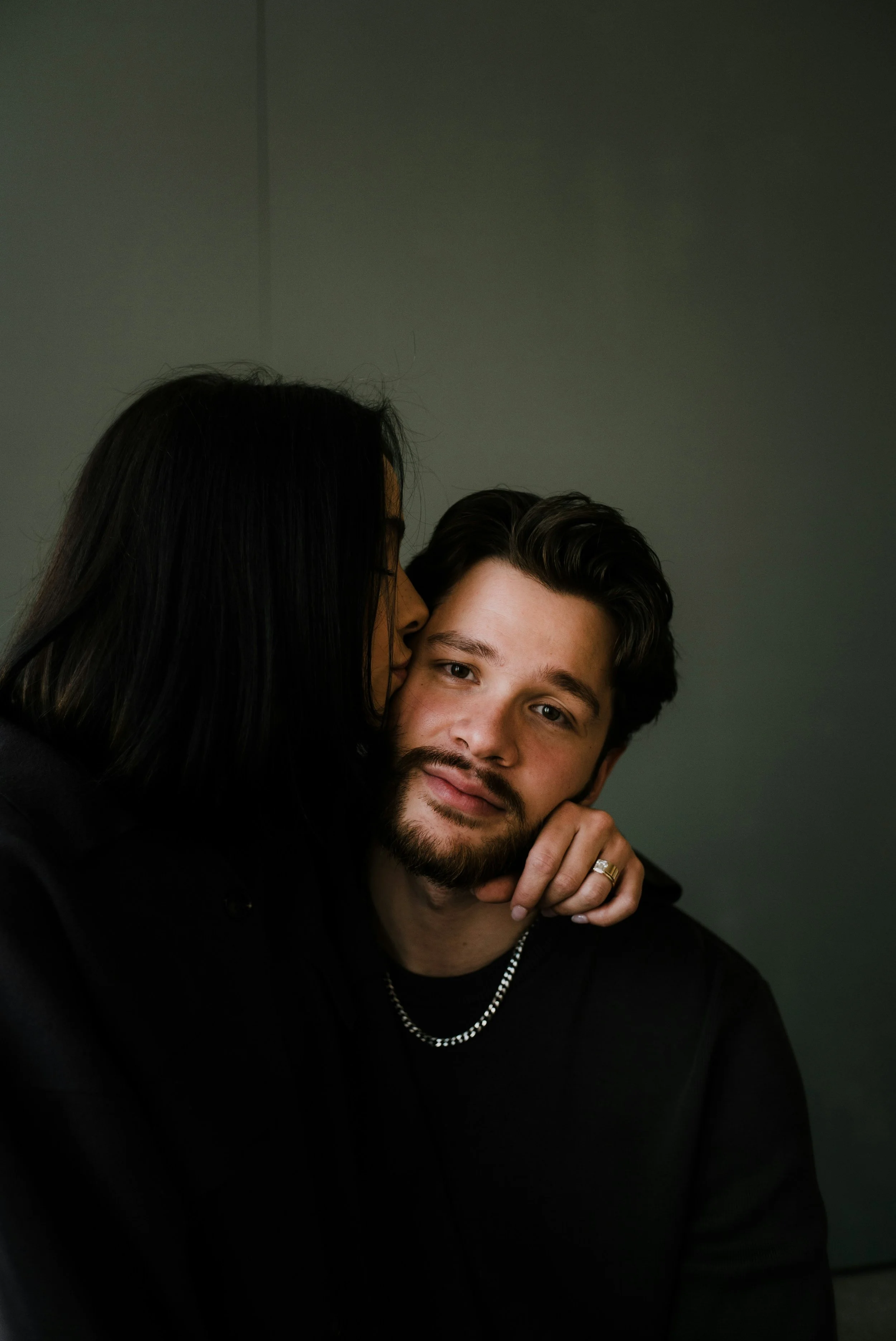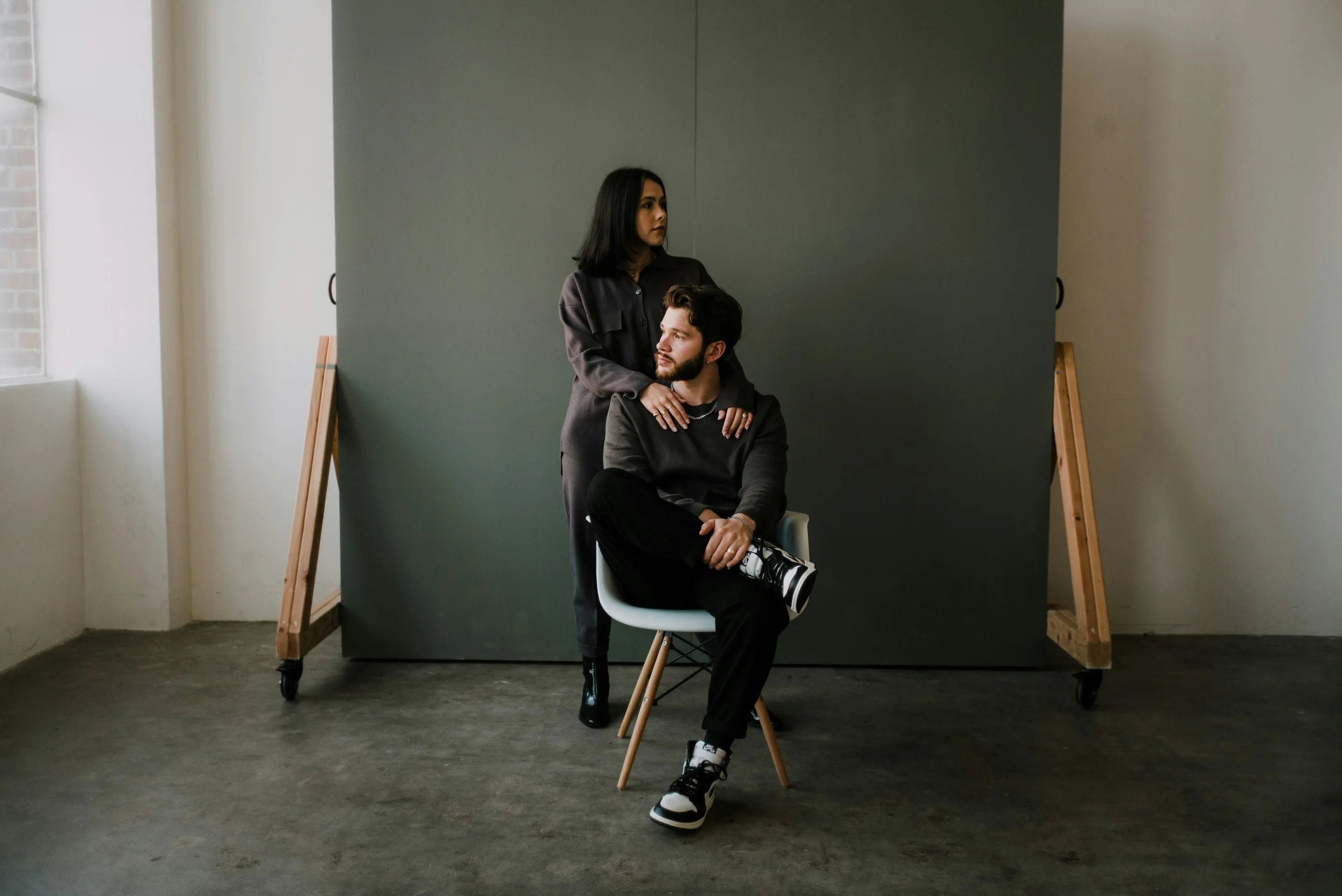The Argument Isn’t Over — It’s Underground: How Avoidance Erodes Emotional Safety in Relationships
Ready to start? Schedule your consultation now.
Why Some Conversations Are Hard to Have
Avoidance seems harmless at first. It looks like keeping the peace. But in therapy, we see the truth: every avoided conversation becomes an emotional splinter. Left alone, it festers. In Boulder, many high-functioning couples come to counseling not because they argue too much, but because they’ve stopped arguing at all. The silence feels calm, but it’s often a mask for deeper disconnection.
What Emotional Avoidance Really Looks Like
Avoidance isn’t just not talking. It’s the subtle flinch away from intimacy. The quick subject change when something gets tender.
The smile that says, "We’re fine," when you're anything but.
It’s a nervous system habit—learned through past experiences where vulnerability wasn’t safe.
And now, in your relationship, it’s the thing quietly pulling you apart.
The Everyday Moments Where This Shows Up
You hold hands but feel miles apart
You sleep in the same bed but haven’t truly talked in weeks
You avoid conflict to “keep things okay,” but you feel emotionally lonely
This is how emotional erosion begins—not in betrayal, but in the buildup of what goes unsaid.
At lovers COUNSELING, we help clients build emotional safety to begin to deepen their relationship with intimacy — whether with themself or with their partner. We hold a sacred space for you to safely explore feelings.
What We See in Couples Therapy
Couples often say, “We never fight. Things are good.” But when we explore deeper, we find years of unspoken resentment, unmet needs, and mismatched expectations. Avoidance has become the norm.
The work? Making it safe to speak again. To name what’s scary. To repair instead of retreat.
Explore Couples Counseling in Boulder, CO
What We See in Individual Therapy
Often, one partner feels the emotional weight but doesn’t know how to start the conversation.
In individual therapy, we unpack avoidance patterns and help you reconnect with your truth—so you can show up in the relationship with clarity, compassion, and courage.
7 Signs Avoidance Is Sabotaging Your Relationship
You both say “we’re fine” but feel distant
Important conversations get postponed
You fear rocking the boat
Intimacy feels mechanical or missing
Resentments are lingering, unspoken
You feel more like roommates than lovers
You’re tired of “keeping the peace”
Why This Gets Misunderstood So Often
Avoidance wears a disguise. It looks like maturity, calm, even kindness.
But real intimacy isn’t quiet. It’s brave. It’s repair over retreat. Avoidance isn’t peace—it’s a pause in connection.
What Makes This So Hard to Change
Most of us learned to avoid from childhood.
Maybe we were praised for being easy or punished for being emotional.
These patterns live in the nervous system. But they can be unlearned with the right support.
How We Heal It Together
At lovers COUNSELING, we teach couples to:
Slow down reactivity
Speak with emotional clarity
Hear truth without defensiveness
Rebuild safety through regular rituals of repair
A Practice to Try Together
The Check-In Ritual:
Once a week, ask: “What feels unfinished between us right now?”
Practice 5 minutes of listening—no fixing, just presence.
What to Reflect on as a Couple
Where do we avoid vulnerability?
What emotions feel unsafe to share?
What do I fear will happen if I bring this up?
What would more emotional safety allow us to experience together?
When It’s Time to Ask for Help
If your relationship feels silent but not secure, it may be time for support. Book a Consultation with Chloé, your Boulder Couples Therapist.
How Couples Counseling Helps
Change is inevitable—but disconnection isn’t. Couples counseling offers a nonjudgmental space to explore what’s happening beneath the surface, repair ruptures, and rediscover what brings you together. Whether you want to realign, decide how to move forward, or deepen your intimacy, therapy gives you tools to grow with intention.
What You’ll Learn:
How to have honest, courageous conversations
How to rebuild emotional and physical intimacy
How to navigate change without losing connection
Curious how these tools could shift your dynamic? Couples counseling can help you grow together with more ease. Book a consult today →
What Healing Might Look Like for You Two
Healing starts with honest conversations—not ultimatums. It looks like rebuilding emotional intimacy. It means remembering why you chose each other. Sometimes it’s about realigning your vision. Other times, it’s about letting go with love. Either way, clarity is a kindness.
Final Thoughts: Love That Grows With You
You don’t have to choose between your growth and your relationship. The strongest partnerships are built by two people willing to grow side by side—and willing to reach for each other along the way.
Want to explore this further? Our couples counseling in Boulder offers a safe, supportive space to reconnect. If you're preparing for a lifelong partnership, our premarital relationship course is a great place to strengthen your emotional foundation. You might also enjoy reading The Power of Couples Therapy to discover how this work can deepen connection.
Ready to build a relationship rooted in emotional safety? Schedule your consultation with a trauma-informed couples counselor in Boulder today.
Frequently Asked Questions
What’s the difference between healthy space and avoidant behavior?
Healthy space involves clear communication, mutual respect, and intentional time apart to self-regulate. Avoidant behavior shuts down communication, avoids emotional topics, and creates disconnection instead of repair.
Can avoiding conflict ever be protective?
Momentarily, yes—especially if you’re dysregulated. But long-term avoidance prevents resolution and slowly erodes trust. The key is learning to pause and return to the conversation with presence.
My partner avoids conflict and I don’t—what can I do?
Instead of forcing confrontation, invite safety. Practice repair rituals, stay curious, and use “reach-ins” instead of “call-outs.” Individual or couples counseling can support you both in understanding and shifting these patterns.
Is avoidance tied to trauma?
Often, yes. Avoidant patterns may stem from nervous system responses developed in childhood or past relationships. Therapy helps unpack the root and build new tools for connection.
Schedule your consultation and take the first step toward a more emotionally secure love.
Similar Posts from Your Boulder Couples Therapist
Looking for Support Beyond Therapy?
Explore our curated list of Boulder-based holistic healing professionals—trusted partners in your journey toward mind-body-soul alignment.
Relationship Resources
Our Free Love Language Guide
Whether you're just starting out or deepening your bond, this simple guide helps you grow together with clarity, care, and connection.
Read More Like This
Ready for Support That Actually Helps?
Whether you're navigating personal healing or relationship growth, we're here to support you with compassionate, trauma-informed care.







